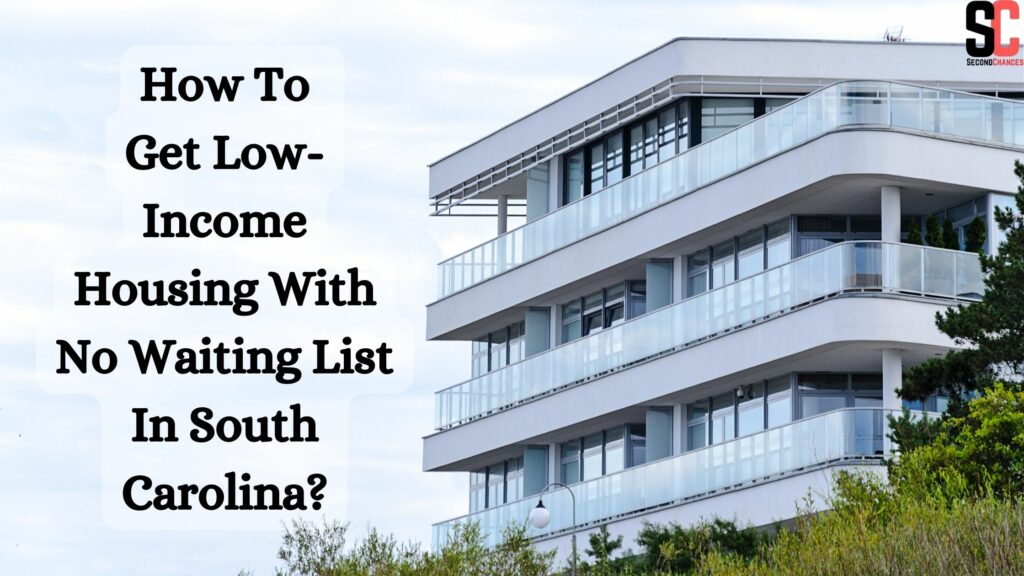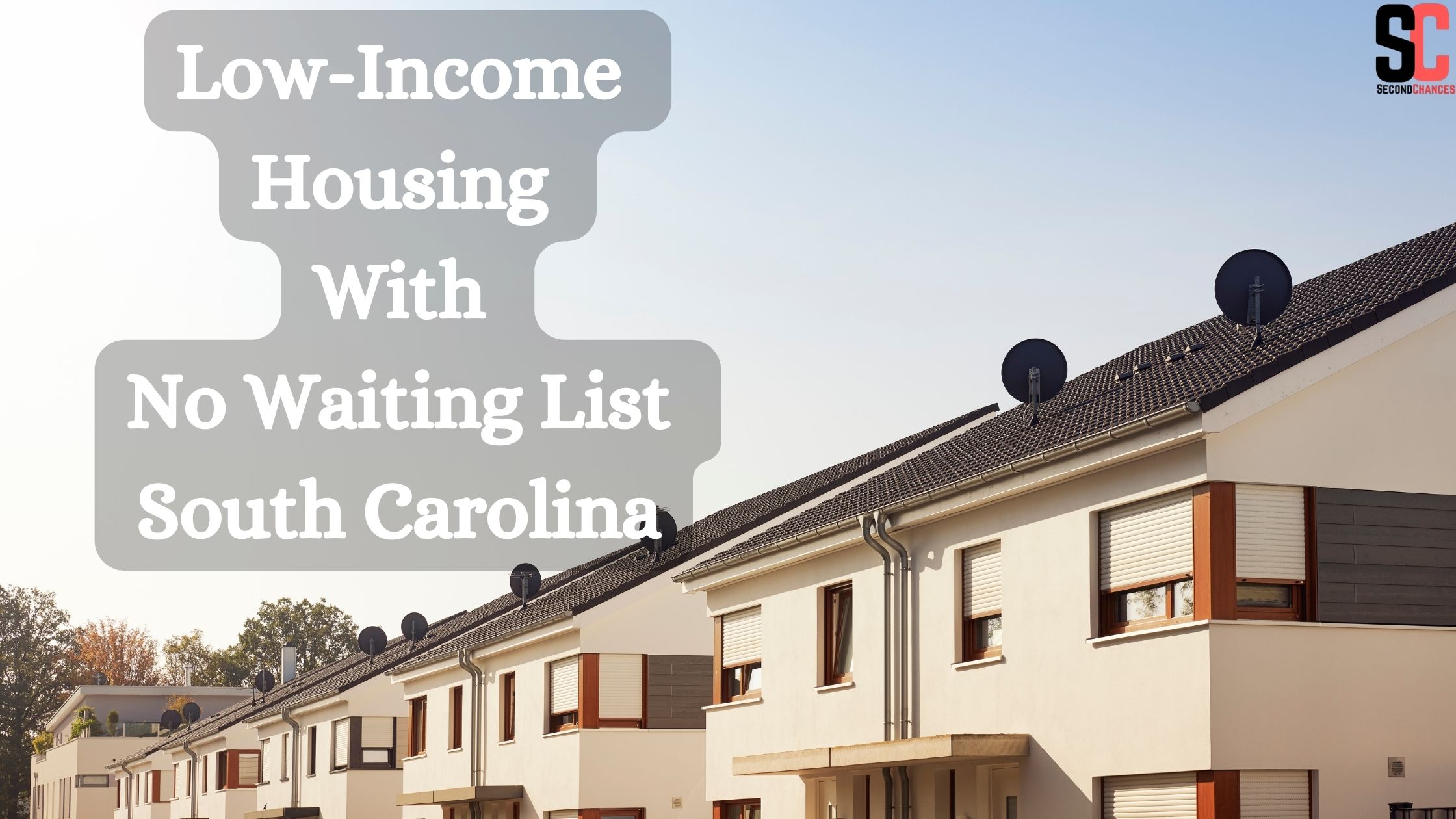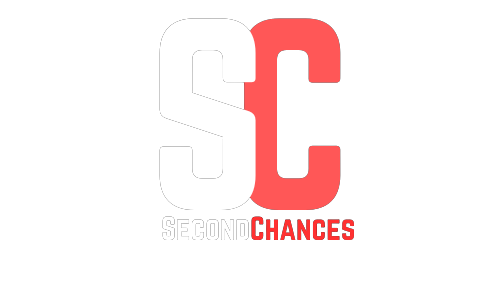Are you looking for Low-income housing with no waiting list in South Carolina? Your search ends here.
A stable home is one of the most important requirements for a family. Many low-income households struggle to find affordable, safe housing in their neighborhoods. It is a dream come true to find an apartment with no waiting list. While there is always a demand for housing, there are a few programs that appear without a waiting list.
There is no waiting list for housing programs available to homeless people with severe mental illness, domestic abuse, or physical disabilities.
You will find all the information about low-income housing with no waiting list in South Carolina in the article.
Let’s get started without further delay.
Table of Contents
What is Low-Income Housing?
The term low-income housing refers to housing that is affordable for people earning less than a certain income level. Depending on the program and the area in which you live, low-income housing is available at different income levels.
How To Get Low-Income Housing With No Waiting List In South Carolina?

There are several methods to get an low income-based apartment without a waiting list. Sometimes, however, there are waiting lists, and they are pretty long, so finding them quickly is not always possible. It is possible to get income-based housing without a waiting list in several ways.
The Public Housing System
Typically located in urban areas, income-based apartments have no waiting lists or waiting periods. They help low-income people buy private homes when they cannot afford them. Homeownership of these homes is vested in the federal government. It is true that many states nationwide have long waiting lists for low-income apartments, but other parts of the country do not have any.
Private Housing
There are many private landlords who rent apartments, including some that are for sale, at very reasonable prices for those who are unable to afford higher rents. In order to find a low-cost rent-to-own website, it is necessary to conduct research online.
The Government Subsidizes Housing.
Even though these homes are privately owned, the government offers subsidies to help lower rental prices. It may be in an urban or rural setting, and all the necessary amenities and services are provided for its residents. The government offers a variety of programs that assist those most in need with obtaining or renting a home. There are several nationally known housing programs, including the HUD Section 8 program for people with disabilities, the HUD Section 202 program for elderly people, the Housing Preservation and Development (HPD) program, the Housing Development Corporation (HDC) program, Breaking Ground or the New York City Housing Authority.
The Non-Profit Sector
NGOs help low-income people find housing programs that meet their needs. There are many of these organizations that work in collaboration with local governments, and there are others that do so independently. Low-income housing can be found through these NGOs with no waiting lists, and tenants are able to pay their rent.
Eligibility Criteria For Low-Income Housing With No Waiting List In South Carolina?
All applicants and families admitted to the program must meet all eligibility requirements set by the South Carolina Housing Authority. Applicants and their families must meet the following requirements in order to be eligible for the program:
The South Carolina Housing Development Authority determines applicant eligibility based on the following factors:
- Annual gross income assessment
- Depending on the applicant’s age (elderly), family status, and disability status, eligibility may be determined
- Citizenship or immigration status verification
In order to ensure that you and your family will be good tenants in the urban development, the South Carolina Housing Authority will verify your references.
Required Documents For Low-Income Housing With No Waiting List In South Carolina?
Applicants for low-income housing in South Carolina need to provide the following documents:
- Your current address and phone number.
- Information about your current and previous landlords can help you determine your family’s suitability as a tenant.
- Estimated annual income for your family.
- Sources of income.
- Make sure your current and previous employers are accurate when it comes to your income and deductions.
- A bank statement.
How To Apply For Low-Income Housing With No Waiting List In South Carolina?
The following steps must be followed to apply for Low-Income Housing With No Waiting List In South Carolina:
Many websites list rental properties online, such as AffordableHouses’ Section 8 waiting list, HUD’s website, or the official website of the federal government. A wide variety of rental properties are available on many websites through the Section 8 program or other low-income housing programs without waiting lists, such as local real estate agencies and landlords themselves.
You should have all the documentation you anticipate being asked for on hand in order to speed up the application process and avoid wasting time. You may be required to provide income documentation, employment documentation, credit history, and references from your previous employer.
After you have found the perfect place, you must contact the landlord, rental agent, or assistance program representative. You should now clear all your doubts and request a site visit. Through various programs the US government provides housing aid to needy people, you can also apply for housing grants for disabled females.
Things to Do After Applying For Low-Income Housing With No Waiting List In South Carolina
The following are some things you can do after completing the form for Low-Income Housing With No Waiting List In South Carolina:
Patience is Key
You can be selected from a no-waiting list or a lottery if placed on a no-waiting list. You will receive a notification detailing the process for selecting no-waiting housing applicants. The shortage of resources may result in some qualified applicants being denied.
Keep An Eye Out
Ensure that you pay attention to the waitlist to determine how long you will have to wait, and be ready to act quickly if there are any changes.
You Must Be Honest
To verify your eligibility, notify housing authorities immediately if your financial situation changes or if you have any other questions.
Prepared For Interview
The interview process may require you, or only one candidate, to attend in person once you reach the top of the waitlist. To qualify, you must be very well prepared.
Tips for Finding Low-Income Housing With No Waiting List In South Carolina
Here are some tips for finding Low-Income Housing With No Waiting List In South Carolina:
Consult Your local Agency for Social Services
There are several social service agencies that offer affordable housing programs or can provide you with information about affordable housing resources in your local area.
HUD Exchange
Among the federal housing programs available through the HUD Exchange website are Section 8 and HOME.
National Low-Income Housing Coalition
Listed on the NLIHC website are affordable housing policies and programs at the state and national levels.
FAQ
How long is the waiting list for Section 8 in South Carolina?
The goal of SC Housing is to provide rental assistance to applicants within 24 months of their application. Despite this, we are unable to predict exactly when a rental assistance offer will be sent due to the large number of applicants on the waiting list.
Is there a criteria for obtaining housing assistance in South Carolina for low-income families?
To qualify for housing assistance, low-income families must meet certain requirements. Income limits, which are usually set as a percentage of the area’s median income, are often included in these criteria.
Furthermore, factors such as family size, citizenship status, and rental history may be considered. In order to determine whether a family is eligible for housing, they should contact their local housing authority.
How can housing choice vouchers help low-income families in South Carolina?
The South Carolina Housing Choice Voucher Program provides housing assistance to low-income families. A portion of a family’s rent can be paid with these vouchers by finding their own rental housing.
As long as it meets the program’s requirements, families can choose their own housing. According to the local housing market and the family’s income, the voucher amount varies.
What is the emergency rental assistance program in South Carolina?
Thrive proudly facilitates the COVID-19 Rental Assistance Program – a program designed to help South Carolinians who are facing financial hardship because of the Coronavirus crisis.
How much will Section 8 pay?
In most Section 8 contracts, renters can’t pay more than 30% of their (or their family’s) adjusted monthly income. When signing a Section 8 contract for the first time, renters can pay 40%.
Does South Carolina have a Hope program?
A South Carolina HOPE Scholarship is a merit-based scholarship for students who are attending four-year institutions and are not eligible for a LIFE Scholarship or Palmetto Fellow Scholarship.
Who qualifies for housing assistance in SC?
A valid social security number is required for applicants who are citizens or legal residents of the United States. Furthermore, their household income cannot exceed the income limits set by the Federal Housing Administration (FHA), which vary based on the area and size of the household.
Conclusion
As South Carolina addresses its affordable housing crisis, Low-Income Housing With No Waiting List In South Carolina marks a significant step forward. Individuals and families in need can benefit from this innovative approach by receiving immediate relief.
In South Carolina, housing authorities have demonstrated what is possible through streamlined processes and a localized focus, setting a precedent for future housing programs. A place to call home for everyone is provided by low-income housing with no waiting list, which fosters stability and security.


